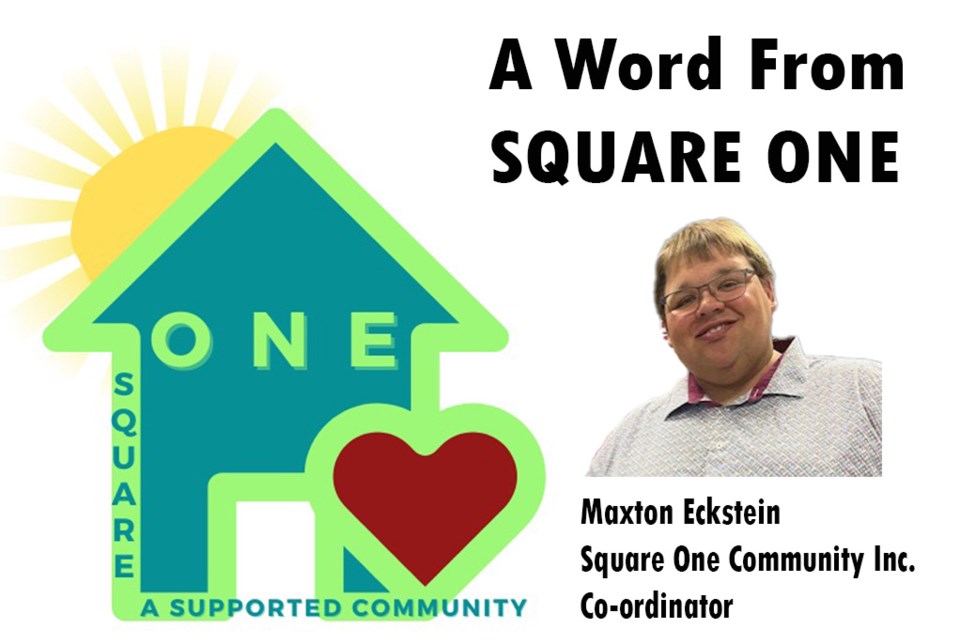Square One Community has met with the Minister of Mental Health and Addictions Tim McLeod along with other local organization leaders in an effort to rapidly respond to the closure of Soul’s Harbour’s Riverside Mission.
The gap left behind by the organizations withdrawal from Moose Jaw has lost the city not only weekday meal programing but also 10 emergency shelter beds. This has left John Howard Society’s Willow Lodge as the only emergency shelter left in Moose Jaw with its 15-bed capacity.
Crystal Peterson, manager of Willow Lodge and Youth Housing at John Howard Society stated, “During the summer months, Willow Lodge has been sitting at 88 per cent capacity.” With winter on the way and a potential influx of shelter seekers forthcoming,” she is looking ahead to solutions.
“There is a need right now for supportive housing. We have 30-plus guests that have been visiting the shelter on and off since January’s opening. Supportive housing would give these individuals a chance at breaking the cycle and help them to get out of the shelter system so that they can rebuild their lives,” said Peterson.
Long-term visitors to Willow Lodge moving into permanent supportive housing units would open capacity for a potential increase in shelter seekers as the winter approaches.
Square One Community announced in August its shift into supportive housing to increase the continuum of support for individuals struggling with homelessness. Although their program is in the early stages of development and is seeking to secure core funding, the urgency created by the closure of Riverside Mission has expedited their work.
Square One Community is in the process of renewing a formal agreement with the Moose Jaw Non-Profit Housing Corporation (MJNPHC) to provide the suites needed to launch their supportive housing program.
Executive director of the MJNPHC, Paul Wilder states, “The program proposed by Square One Community is both evidence-based and adaptable. (The) program will not only facilitate the transition from shelters to permanent housing but will also integrate a range of wraparound services, including mental health and addiction support.”
The supportive housing programming proposed by Square One aligns with both the Saskatchewan Government’s Action Plan for Mental Health and Addictions and the Provincial Approach to Homelessness, which both focus on wrap-around transitional housing for struggling individuals.
The Provincial Approach to Homelessness announced in October 2023, includes $40.2 million in new funding over two years for supportive housing spaces, permanent emergency and complex needs shelter spaces and community safety and outreach responses.
Square One Community, along with representatives from John Howard Society and MJNPHC, met with McLeod this week to discuss provincial support for Square One’s project.
Maxton Eckstein, co-ordinator at Square One, stated, “We see the need, we have the housing units available, we have established partnerships to provide wrap-around supports, we have the expertise and experience in our organization to see the program thrive.
"What we need now, is to connect with the existing provincial action plans to fund our operations. We need to begin, as soon as possible, securing housing for people experiencing homelessness here in Moose Jaw, and permanently change the trajectory of their lives with wrap-around supports”.
“Thank you to Square One for their work in the community and for the opportunity to meet and discuss the significant funding that the Government of Saskatchewan is providing to address homelessness, addictions, and related issues that impact individuals, families, and our communities," McLeod said.
"Under the Provincial Approach to Homelessness and our new Action Plan for Mental Health and Addictions, we are making record investments to address these issues. Working with community organizations is an important part of this work, with collaborative and application-based processes that Square One has the opportunity to participate in."
In Square One’s recent interviews with local community agencies, 18 of 22 organizations identified the need for supportive housing as the biggest gap in the continuum of support.
“In my work, I have seen the tremendous difference partnership with the province can have for a supportive housing program,” said Eckstein, “and not only from the changed lives and recovery of its participants but also from a cost-saving perspective.”
The costs of supporting an unhoused individual in the community can be astronomical when you take into consideration the number of interactions with emergency services and increased health expenses.
“I have seen cases where unhoused individuals were costing the province hundreds of thousands of dollars in annual emergency service interactions alone, only to drop to five per cent of those costs once housed and supported. Funding supportive housing is effective at reducing homelessness while also being a proven, cost-saving investment which saves the province significant money. It’s universally beneficial."
The views and opinions expressed in this article are those of the author, and do not necessarily reflect the position of this publication.




